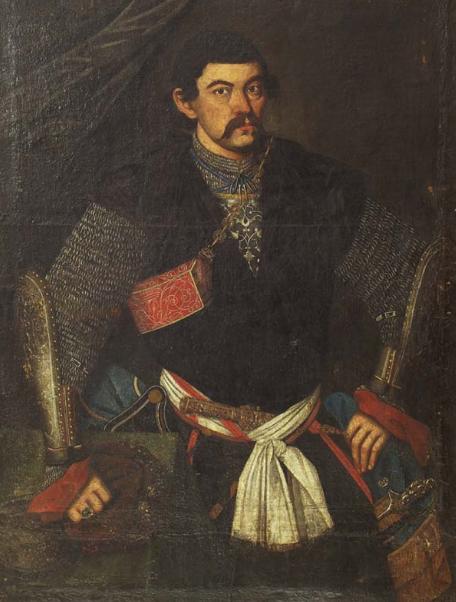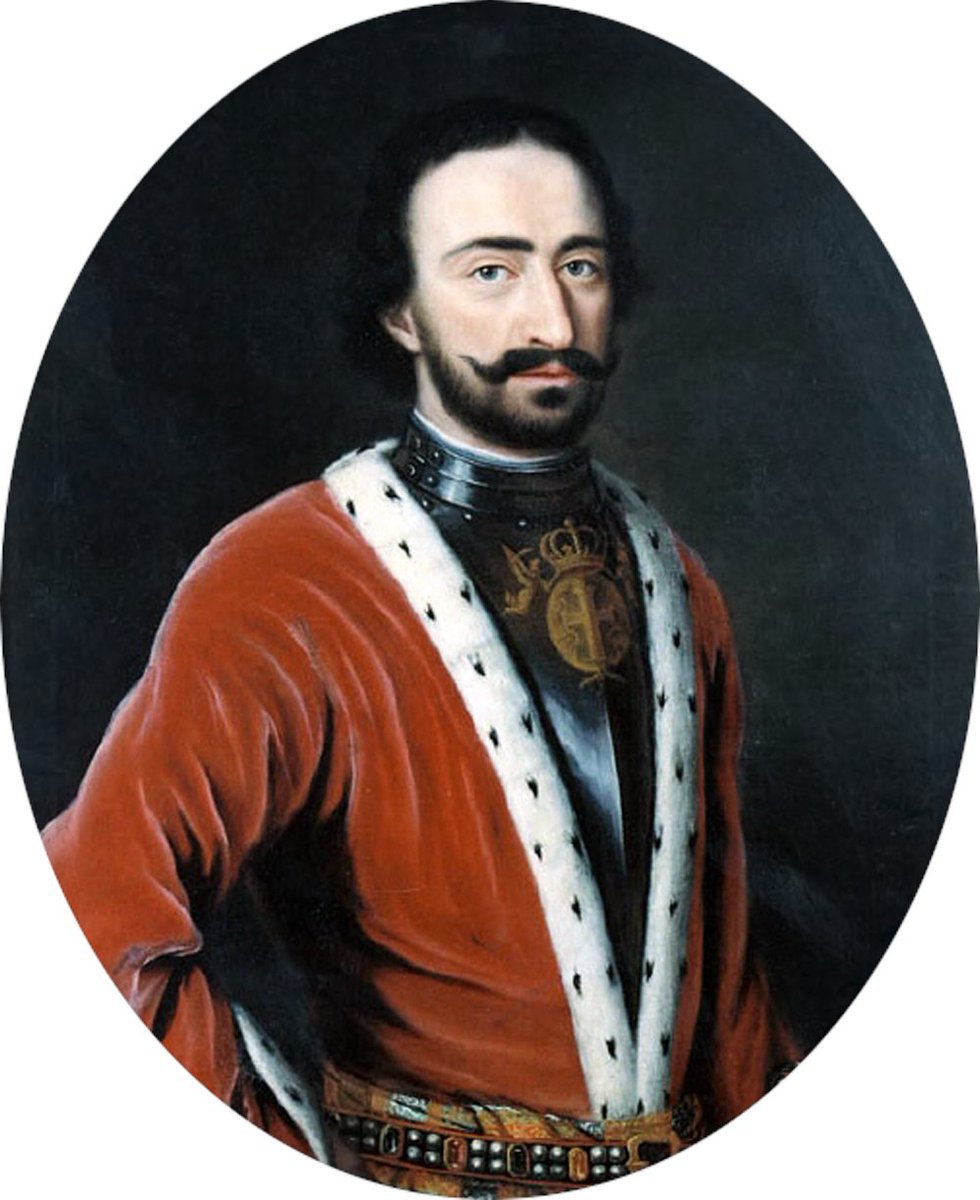1. Whiteness and Blackness are not constants. They reflect the socioeconomic order, not the other way around
2. When we say "Blacks" (черные), whom do we imagine? Hairy smelly brownish wetbacks of course. Ergo, Blackness combines both anthropological and socioeconomic qualities
2. When we say "Blacks" (черные), whom do we imagine? Hairy smelly brownish wetbacks of course. Ergo, Blackness combines both anthropological and socioeconomic qualities
https://twitter.com/XRPall_the_cash/status/1554370237620944896
3. In a sense "Blackness" is a tool for othering and dehumanising the working class, thus reinforcing the socioeconomic hierarchy. Those on the bottom of the social ladder are obviously subhuman. How do we know it? Just look at their skin. Honestly we are too kind to them
4. Until the late 20th c most Russian cities did not have the anthropologically different working class. There were exceptions ofc, like the Chinese immigrant workers who played a major role in the Civil War as the Bolshevik force. But nobody cares of pre-revolutionary era anyway
5. In fact, Tsardom and then the Empire used to have lots of *higher* status newcomers from the South. For example, since 1650s a few Georgian kings immigrated to Muscovy and brought with them masses of aristocracy. Who were all awarded lands and (Russian) serfs. E.g. in Novgorod
6. Here you can see a Georgian prince Alexander Bagration, the first Russian Generalfeldzeugmeister (= commander of artillery) who fought against the Swedes in the Great Northern War 

7. Georgian aristocracy occupied a very peculiar "Tsarevich" niche in the Muscovite hierarchy. "Tsarevich" is literally a son of a Tsar. In Muscovy though it could refer to the foreign royalty who stood beneath the Tsar but above the Russian bojar aristocracy. A Prince étranger 

8. Tsarevich were immigrant royalty from wherever whose role largely consisted in maintaining the God-like status of a Moscow ruler. He has royalty on his service, he must be really great then
9. Before Georgians it were mostly Tatars and Circassians who played this role. In the 16th c. it was very common. But in the 17th c Muscovy changed fundamentally and now was much more militantly Christian and more importantly *consistently* Christian. That was no longer possible
10. Georgian aristocracy occupied an important position of the immigrant Tsarevich royalty who confirmed the rank and status of the Tsar. They were showered with wealth and privileges of course. Their Christianity was very much of an advantage in a quickly Christianising Muscovy
11. Btw, I never read a consistent argument about the Russian militant Christianity of the 17th c. being the offshoot of the Counterreformation and specifically of the Jesuit movement. This is very obviously true and yet, I never saw a nice narrative that would make that point
12. Anyway, Georgians enjoyed relatively high status in the pre-revolutionary Russia as providers of the Christian aristocracy. Circassians weren't really Christian, Armenians were associated with commerce which was shameful. Georgians were probably the highest status Caucasians
• • •
Missing some Tweet in this thread? You can try to
force a refresh





